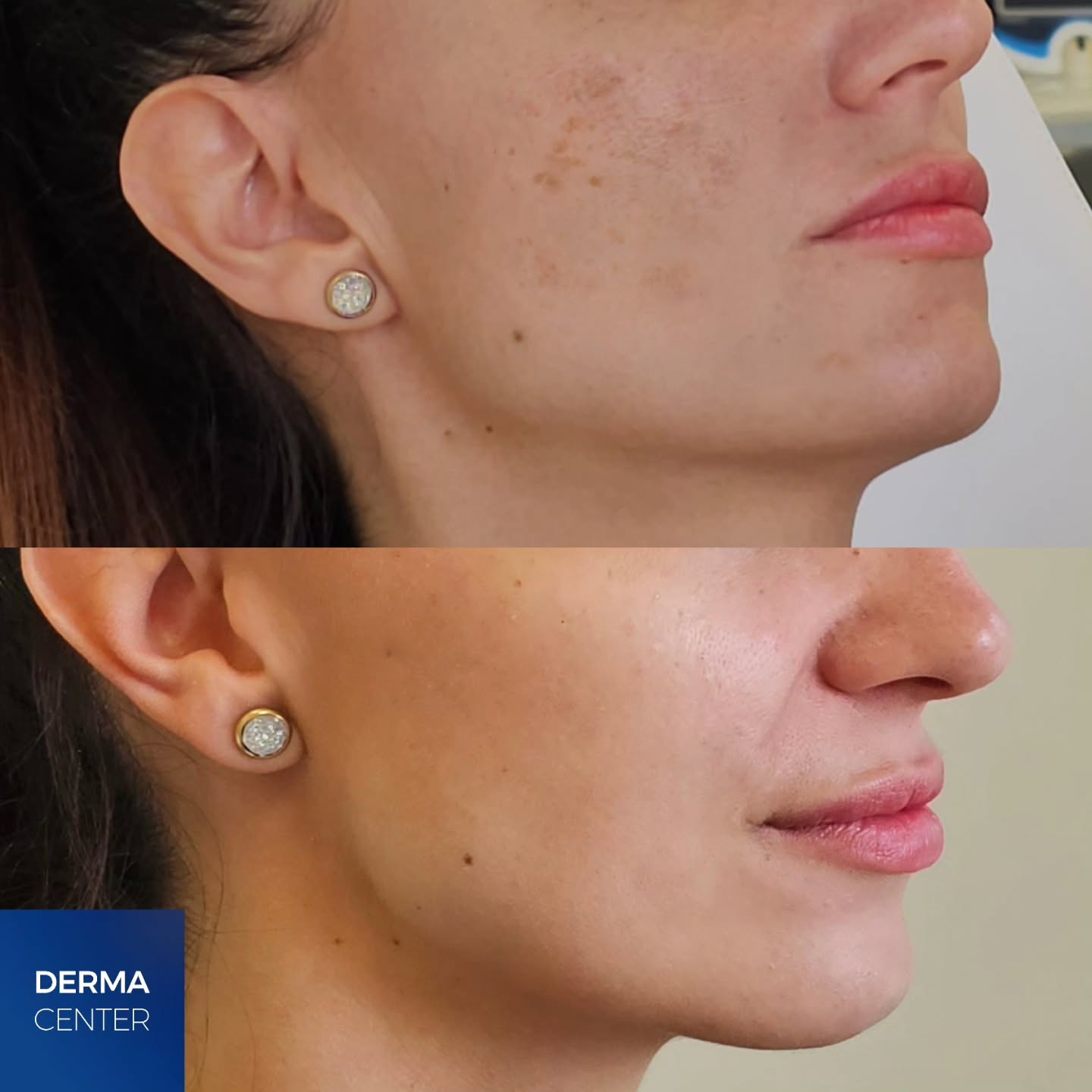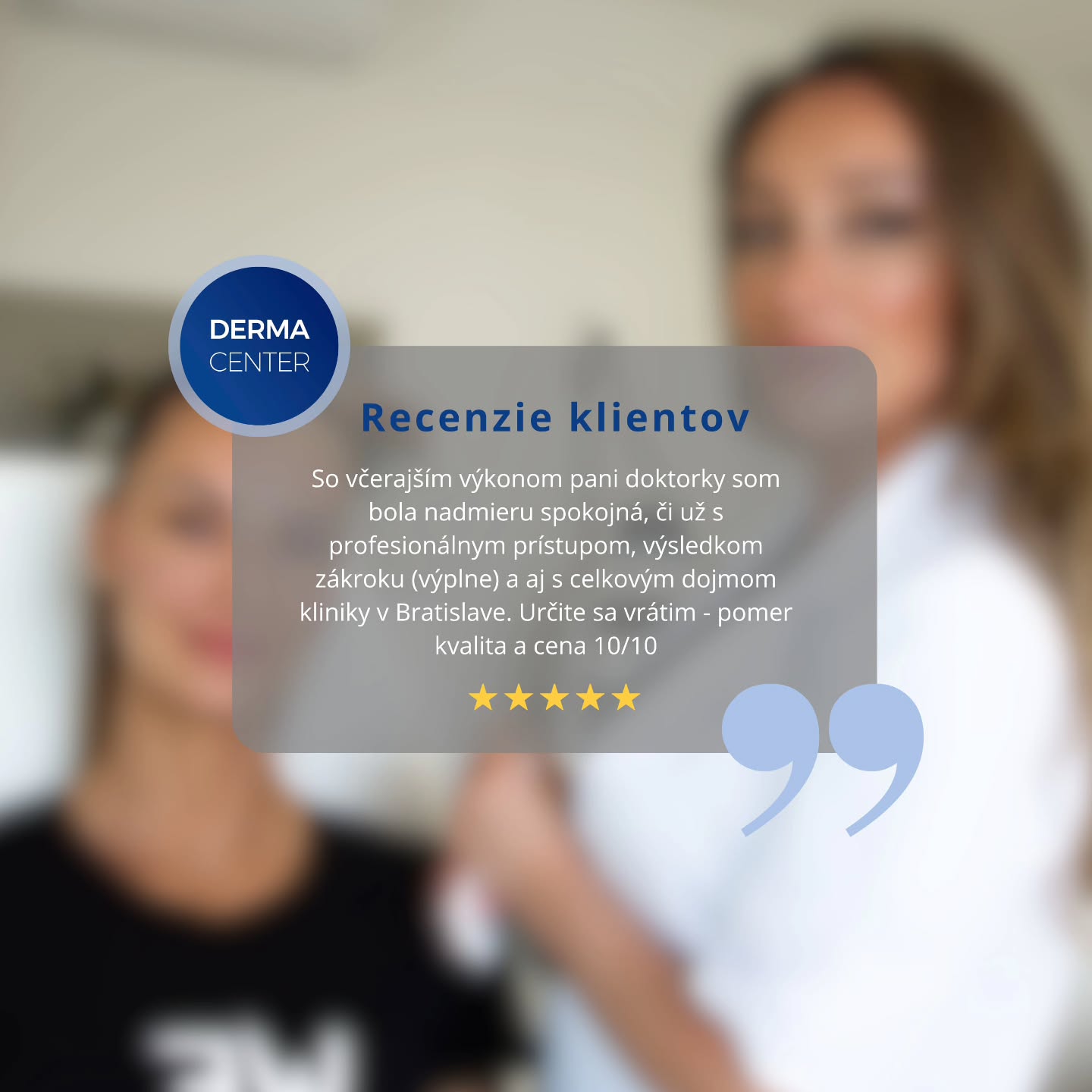Treatment of eczema
DIAGNOSTICS AND TREATMENT
#ekzemliecba
Eczema is a non-infectious damage to the skin that can be of allergic or non-allergic origin. It is very common and causes irritation. Eczema occurs most often in areas that are less protected by the skin barrier (areas with more vulnerable skin), which is why many people suffer from eczema in the face and neck. People with eczema know well that the development of eczema or chronic eczema in the face can be very distressing, not only physically but also psychologically. Eczema can affect people of any age. It can be very uncomfortable and even painful, because blisters form on the skin and the skin cracks, preventing people from doing the things that make them happy.
How to recognize eczema
Eczema is characterized by inflammation, dryness or redness on the surface of the skin. The more you scratch the affected areas, the more likely it is that viruses, bacteria and harmful substances can get into the scratched skin from the outside environment; this will make the eczema worse. It is a vicious circle of itching and scratching that frustrates so many people with eczema – even though they know that scratching eczema will make it worse, it is incredibly difficult to resist, even for adults.
If eczema on your face is affecting your life, your doctor may recommend several treatments – from topically applied ointments, such as those with corticosteroids, to oral medicines to suppress inflammation or itching, or alternative treatments, such as phototherapy.
What affects eczema?
- Genetics – eczema in parents increases the risk of its development in children
- Friction with synthetic fabrics and wool
- Allergens such as pollen, animal allergens, dust and mould
- Stress
- Intertrigo
- Aggressive washing and cleaning agents
- Central heating
- Air-conditioning
- Type 1 diabetes may also increase the risk of developing eczema
What are the treatment options?
Eczema is a disease with a congenital predisposition, so it cannot be completely cured by modern medicine. There is no “miracle cure” for it. It is possible, however, to get eczema "under control" through careful observance of all treatment and prevention measures.
Treatments include elimination of irritants and environmental allergens, local (at the site of eczema), overall, physical, spa, climatic and psychotherapeutic treatments and education of the patient and his or her family members. Leave the choice of adequate treatment to our experienced dermatovenerologist.
Why this treatment?
- topical treatment of atopic eczema
- examination of the factors causing atopic eczema
- treatment of atopic eczema
* You can register at klient.dcmedical.eu and use credit payment, where with the highest bonus you pay the highest price | Anyone can register, even a new client/patient
** Prices are orientational only | The final price depends on the complexity and range of the interventions, which we will confirm upon consultation | The price list is valid on date 16.2.2026












